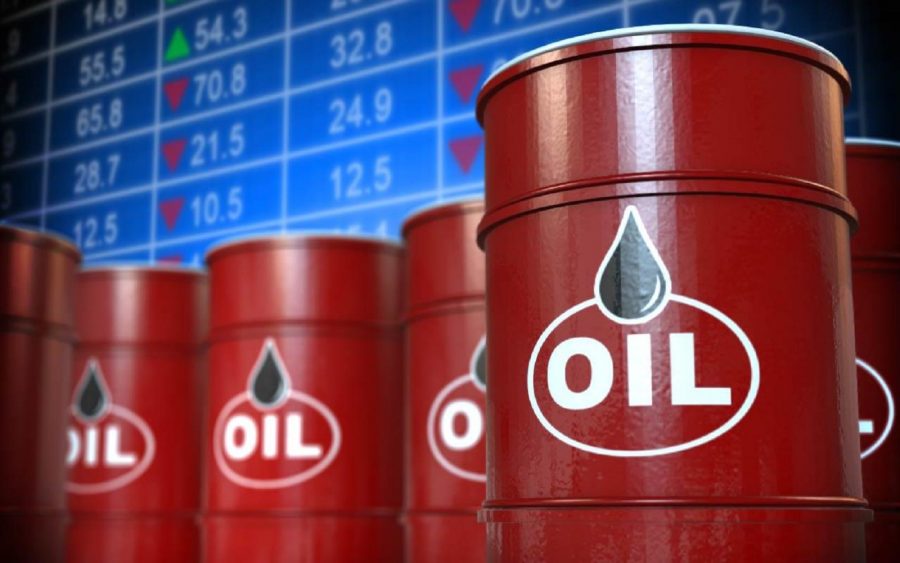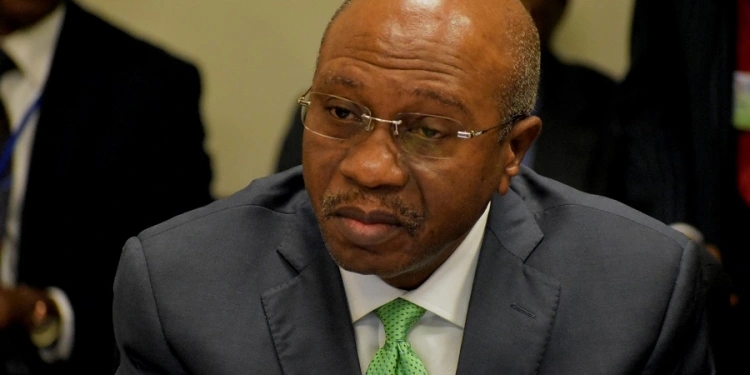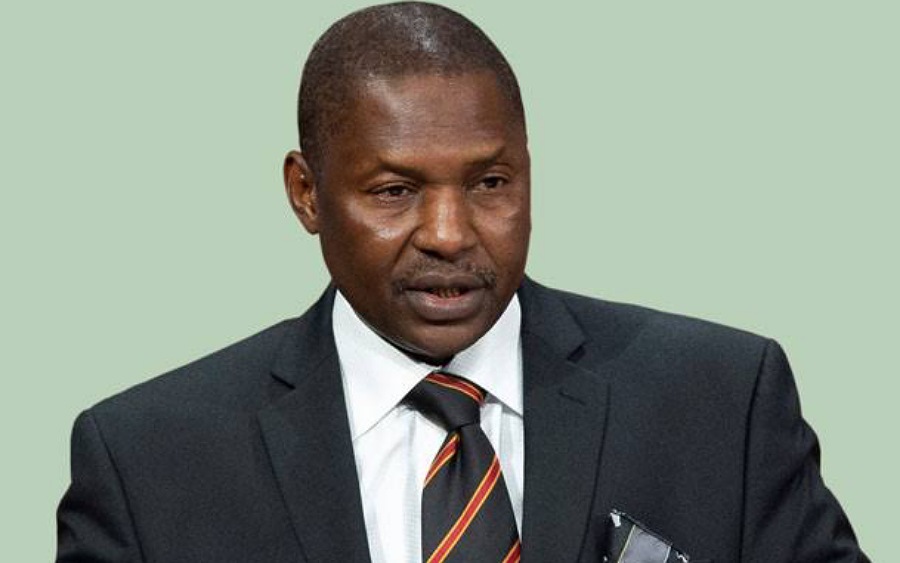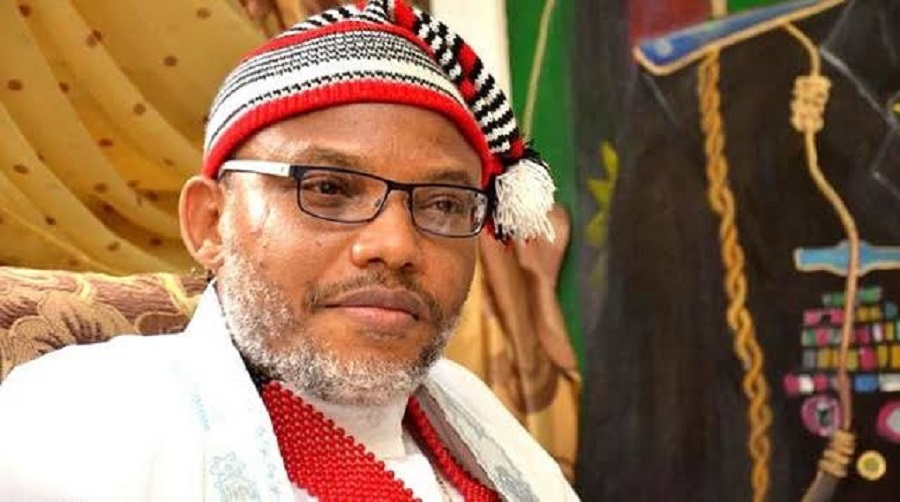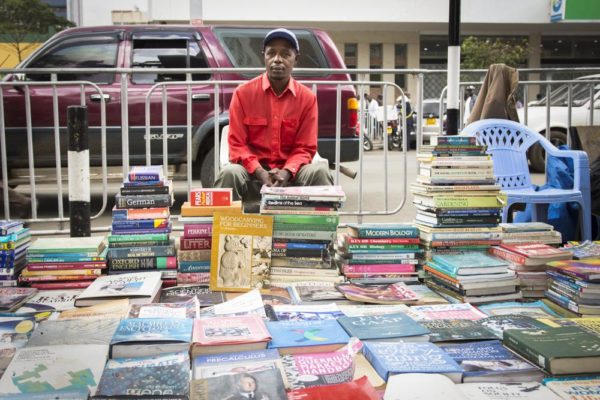Following last week’s reports that Nigeria is asking international oil companies to pay up about $62 billion accrued interests from years of non-compliance to a 1993 contract law, the country’s Justice Minister, Abubakar Malami, disclosed over the weekend that negotiations have begun towards a possible resolution.
Nairametrics reported that the likes of ExxonMobil Corp, Chevron Corp, Total SA, Royal Dutch Shell, and Eni SpA were asked to pay up $62 billion which they had allegedly failed to pay overtime. These companies are responsible for pumping most of the country’s crude oil output.
[READ MORE: How NNPC discovered oil, gas deposits in the North]
In 1993, when Nigeria entered into the contracts with these IOCs to develop the country’s oil fields, the revenue sharing model was set at 20% for the government and 80% for the companies. However, a key clause specified that Nigeria would receive more share from oil revenues generated by them should global oil prices ever exceed $20 per barrel.

Between then and now, oil prices have risen and fallen and currently stands above $20 per barrel. Yet, Nigeria claims the oil companies have persistently refused to adhere to the specifics of the contract law.
Last year, the Supreme Court ruled in favour of Nigeria’s demand for more share from oil proceeds. However, the oil companies kicked against the demand with counter lawsuits, arguing that the government does not have the right to ask them to pay for accrued interests. They also argued that they “weren’t party to the 2018 case, they shouldn’t be subject to the ruling.”
[READ ALSO: Shell wants oil spillage case tried in Nigeria, but victims say no]
It appears IOCs’ protests worked, seeing as Nigeria is now willing to negotiate. However, as the Justice Minister clarified, the outcome of these negotiations is yet to be seen.
“We have opened up a process of engagement between the parties. Whether those discussions will eventually translate to settlement, whether it will translate to opening up of a full-blown negotiation process, is what we wait to see.”
Nigeria is desperate to raise revenue from anywhere possible in order to facilitate economic activities in the country. One of such attempts is to demand $62 billion from IOCs. Now, while the government obviously has the right to make such demand based on the contract, it is also making sure to do it wisely in order not to scare away foreign investors.

